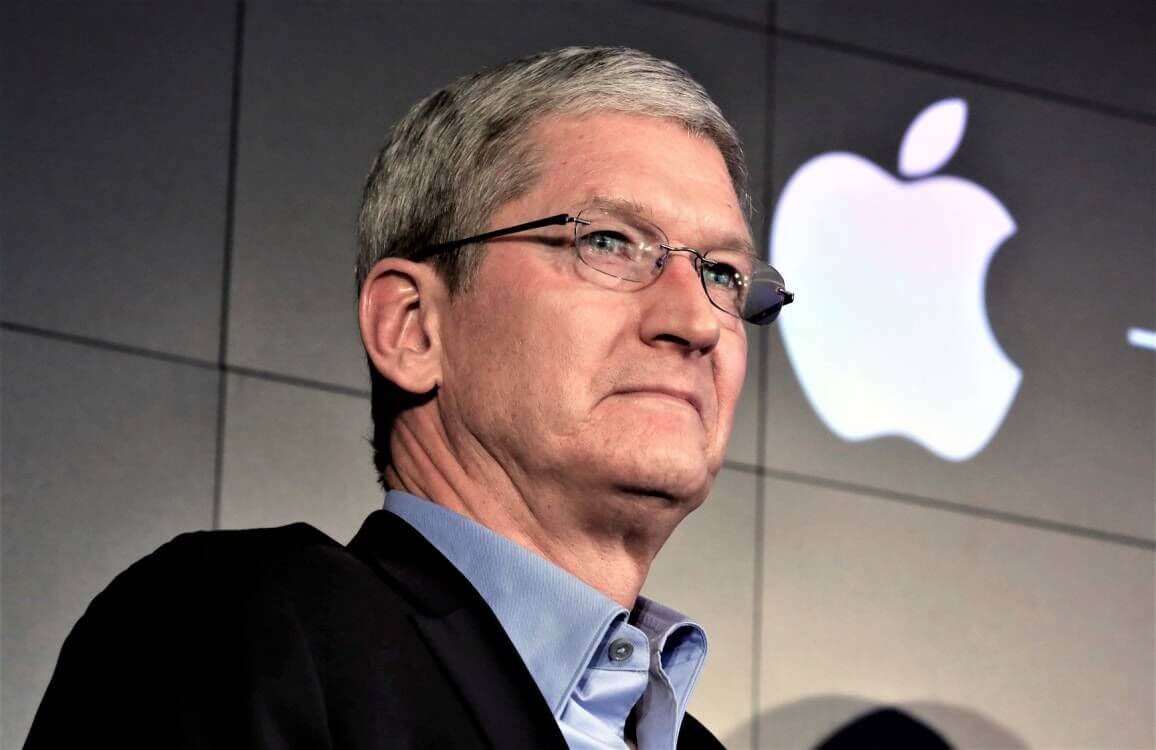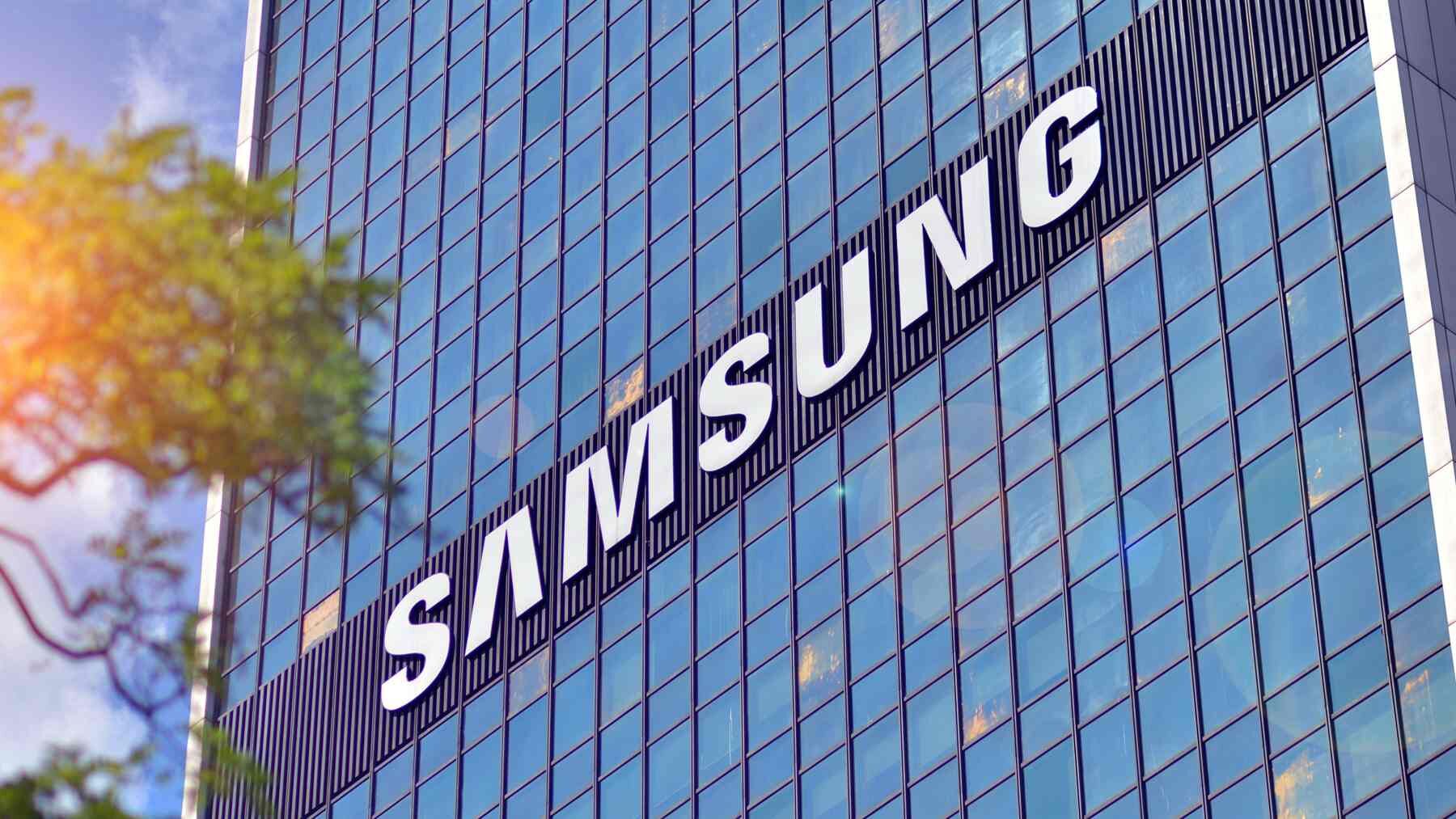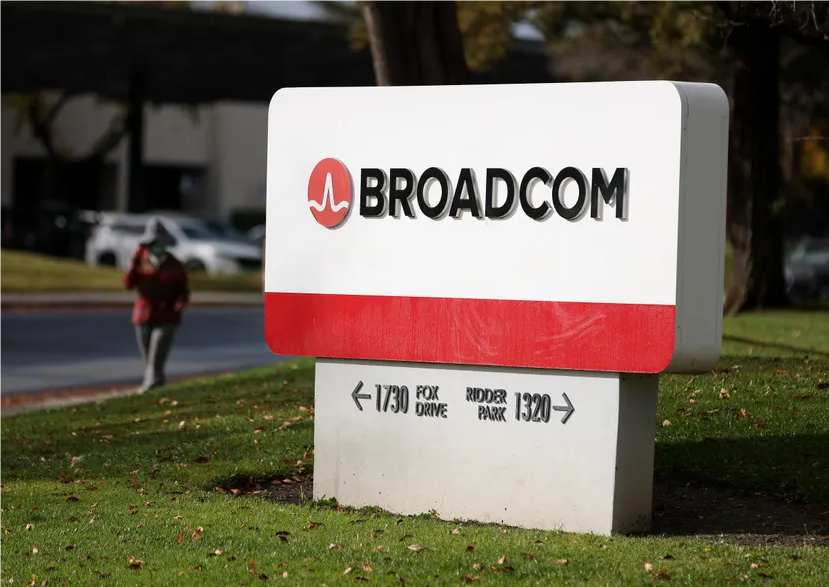According to CNBC, Apple announced its performance report on Tuesday, and the iPhone is still the strongest driver of the company's performance. However, Apple is now facing the same difficulty as automakers and small technology companies, that is, the chip shortage.
The report pointed out that Apple CEO Cook warned that semiconductor supply constraints would affect iPhone and iPad sales, and classified the constraints as industry shortages.
Cook said that the shortages aren’t in the high-powered processors that Apple has manufactured for its devices, but in what’s called “legacy nodes,” or chips that do everyday functions like driving displays or decoding audio, and can be manufactured using older equipment.
CNBC further pointed out that Apple had already warned that supply shortages would affect the company in the quarter ending in June, but those shortages affected iPad and Mac, not Apple’s most important product. Apple had said in April that the supply constraints could be a $3 to $4 billion drag on sales, but Cook said in an interview on Tuesday that Apple was able to navigate and reduce the impact to lower than it expected.
The impact of chip shortages on Apple's revenue shows that even if it has sufficient purchasing power and a complete supply chain, it may be difficult to obtain sufficient supply of electronic components in a global shortage.












All Comments (0)